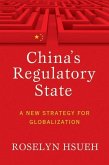
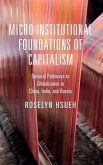
Gebundenes Buch
25. Mai 2022
Cambridge University Press
| Broschiertes Buch | 35,99 € | |
| eBook, ePUB | 17,95 € | |
| eBook, PDF | 17,95 € |
Broschiertes Buch
25. Mai 2022
Cambridge University Press
17,95 €
Sofort per Download lieferbar
eBook, ePUB
30. Juni 2022
Cambridge University Press
17,95 €
Sofort per Download lieferbar
eBook, PDF
30. Juni 2022
Cambridge University Press
24,95 €
Sofort per Download lieferbar
Ähnliche Artikel
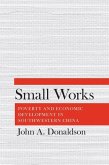

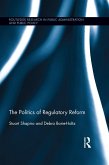
28,95 €
Sofort per Download lieferbar
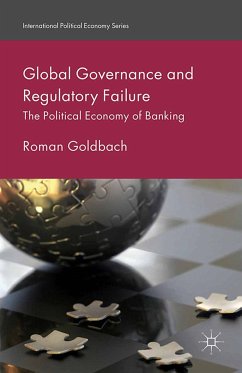
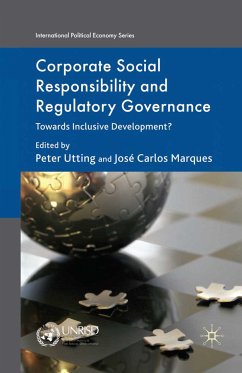
eBook, PDF
12. November 2009
Palgrave Macmillan UK
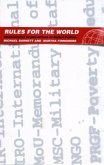
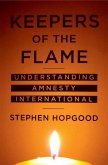
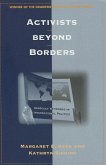
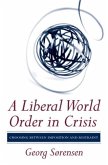
Ähnlichkeitssuche: Fact®Finder von OMIKRON
